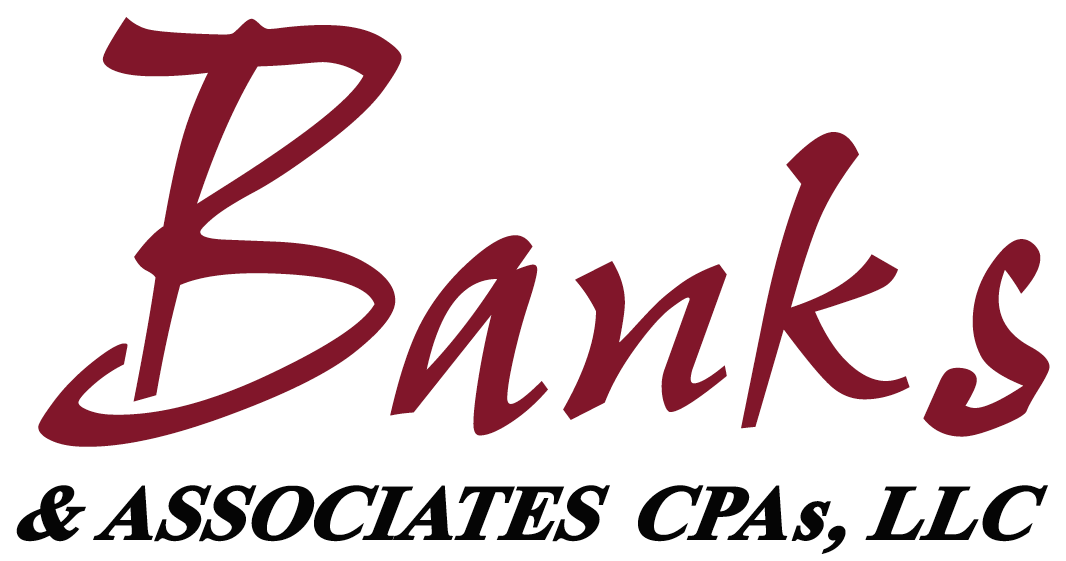Did you know you're the first line of defense in an IRS phishing scam?
"The IRS has a refund waiting for you."
Have you seen this one before? It may not be the beautiful refund check you're hoping for. In fact, it may be the opposite - a way for scammers to take money from you.
With tax season coming up, we're warning all of you about phishing scams and malware so that you can protect your personal data and financials.
While this article speaks more to the nature of online phishing scams, we've also written an article on phone phishing scams here.
You're the first line of defense.
It starts with you. The reason phishing scams are so widespread is because they continue to work. People continue to fork over sensitive information to cyber criminals pretending to be the IRS, your bank, or even a vacation giveaway company.
Don't be the next victim. Know what you can do to prevent disclosing important information to the wrong person:
- NEVER provide sensitive information in response to an email - As the IRS warns, "No legitimate organization – not your bank, not your tax software company, not the IRS – will ever ask for sensitive information through unsecured methods such as emails. And the IRS never sends unsolicited emails or makes calls with threats of lawsuits or jail."
- DON’T click on links that appear to be suspicious - Instead, go directly to the organization's website.
- DON’T open attachments unless you know who sent them - Sometimes attachments, themselves, can contain viruses or malware. Be sure you know who they're coming from.
- BEWARE of emails that ask you to update your account - This is often a trap in which you provide your log-in credentials to cyber criminals through email or a phony website.
- USE SECURITY SOFTWARE to block pop up ads - Some pop-up ads contain viruses.
What to do if you suspect an IRS phishing scam
If you receive an email or phone call claiming to be from the IRS, the IRS gives very specific instructions on what to do here:
https://www.irs.gov/uac/Report-Phishing
Further Reading
While we've summarized some of the IRS's recommendations to protect yourself from phishing scams in this article, we encourage further reading on the IRS website here:
https://www.irs.gov/uac/Dont-Take-the-Bait-Avoid-Phishing-and-Malware-to-Protect-Your-Personal-Data
We've written another article about protecting yourself from phishing scams, particularly those initiated over the phone, here: http://www.bankscpas.com/didyouknow/2015/2/13/did-you-know-that-a-phone-call-from-the-irs-may-not-be-the-irs-at-all
